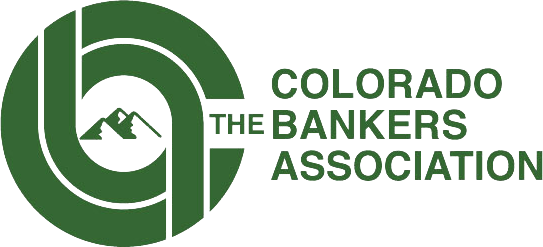Let me tell you an ugly secret that not even my closest colleagues know about me: before my long career in banking, I was absolutely clueless when it came to my personal finances.
I did not lack for intelligence or drive; during my college years, I maintained pretty solid grades. But when it came to my checking account, unopened bank statements would pile up, along with more than a few overdraft fees. My budget (and my access to ramen dinners) consisted of whatever a nearby ATM machine told me on a given day. And when it came to borrowing for my last year of college, I didn’t know about my interest rate or how my inevitable loan payments would be calculated. I was only concerned about where to sign and when the money would show up.
Now, fast forward more than three decades later. By virtue of lifelong experience — not to mention choosing banking as a career — I came to cure my own lack of financial awareness. But across our country, our state, and our communities, there are many intelligent, hardworking individuals who struggle with financial literacy, including concepts like budgeting, money management, investing and borrowing.
Globally, the United States ranks behind more than a dozen countries when it comes to financial literacy among adults. Nationally, surveys conducted over the past 10 years have consistently shown that well over half of American adults do not understand basic financial terms. The negative effects of this issue may be seen in nationwide problems, such as student loan defaults as well as the lack of retirement planning by the majority of working American adults.
The simple fact is that our society does not formally equip students and adults with everyday financial knowledge. This issue is not confined to a single age, gender, racial or economic group. But many — if not most — of these good folks have one thing in common: They’re customers of our banks.
What forms has this taken across the banking spectrum? For starters, many banks — big and small — have created their own “classes” for customers and non-customers alike.
Our industry has come to realize that serving our customers and our communities goes far beyond daily deposit and lending transactions. Financial education has increasingly come to be recognized as one of our jobs. And many of us have come to view this as an obligation.
What forms has this taken across the banking spectrum? For starters, many banks — big and small — have created their own “classes” for customers and non-customers alike. Common topics range from business financial management to walking first-time homebuyers through the basics of applying for a mortgage loan.
And for many years, banks have worked with their local schools to provide education to students ranging from middle schools to community colleges. To do this, banks have partnered with national and local nonprofits such as Junior Achievement. And as technology advances, our industry has more recently worked with online providers such as EverFi.com, which provides financial education that can be accessed by students in both classrooms and homes.
In Colorado, the need for financial literacy has been clearly recognized by our industry and our elected leaders. Earlier this year, the Colorado legislature — with vocal support from the Colorado Bankers Association and its members — passed a bill requiring our public high schools to provide financial education to students ranging from freshmen to seniors. Required topics include:
- The costs associated with obtaining a college degree, including how to manage student debt
- Credit cards and credit card debt
- The home buying process, including mortgage debt
- Saving and investing for retirement.
This is a long-overdue means of formally educating our Colorado students as they embark on financial decisions that will impact the rest of their lives. And the CBA and its many members are proud to have influenced and supported this critical legislation.
But our job is not done. Our industry has a continuing role to play in financial literacy. If you’re a banker looking to provide financial education, the CBA can help point your bank to tried-and-true resources that already exist. Don’t look at it as one more job … it’s an investment in the success of our customers and our communities.
CBA is a long-term supporter of financial literacy. In 2005, we ran a bill to include financial literacy in education standards. In the most recent legislative session, we worked with a broad coalition to expand financial literacy standards to include the topics of saving for retirement, managing credit cards, student loans, and first-time home buying information.







